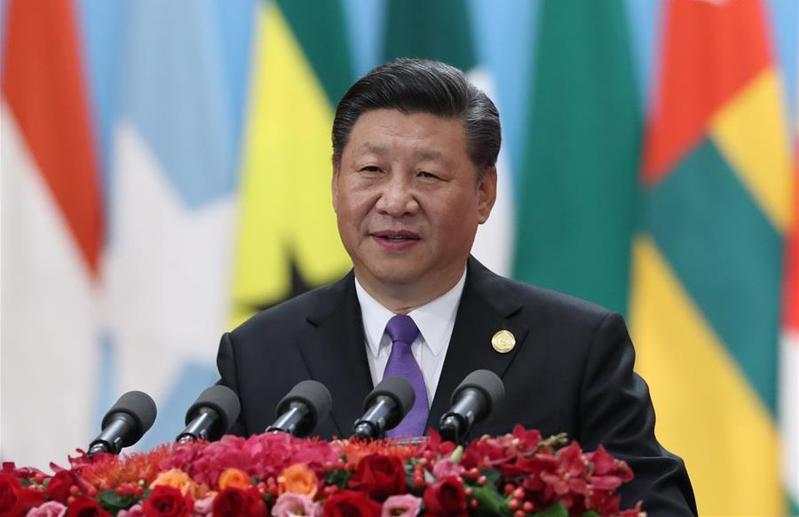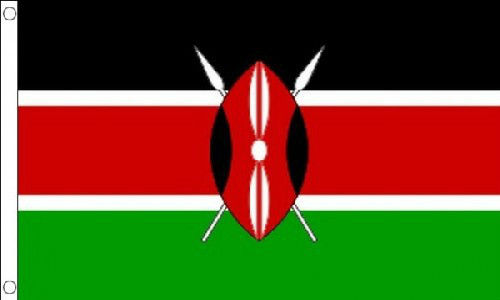The Central Bank of Nigeria (CBN) said it will issue fresh treasury bills (TBs) worth N1.02 trillion in the fourth quarter (Q4’18) to replace maturing TBs of the same amount during the quarter.
The apex bank disclosed this in its TB issuance programme for the fourth quarter released during the weekend.
The fresh TBs to be issued during the quarter comprised N62.6 billion worth of 91-Days TBs, N148.7 billion worth of 182-Days TBs and N812.4 billion worth of 364-Days TBs.
Financial Vanguard analysis showed that from this week to the end of this month, the CBN will issue N318.5 billion of TBs comprising N11.6 billion worth of 91-Days bills, N12.4 billion worth of 182-Days bills and N294.5 billion worth of 364-Days bills.
In October, the apex bank will issue N281.1 billion worth of TBs comprising N15.4 billion worth of 91-Days bills, N46.8 billion worth of 182-Days bills and N218.9 billion worth of 364-Days bills.
In November, the apex bank will issue N424 billion worth of TBs comprising N35.6 billion of 91-Days bills, N89.4 billion worth of 182-Days bills and N299 billion worth of 364-Days bills.
Meanwhile, the interbank money market will record net liquidity inflow of N800 billion this month, indicating persistence of excess liquidity in the market throughout the month.
According to analysts at FSDH Merchant Bank, the interbank money market will receive inflow of N1.67 trillion from the various maturing government securities and Federation Account Allocation Committee (FAAC) in September 2018. Total outflow from the various sources, including government securities and statutory withdrawal, is estimated at N871 billion leading to a net inflow of about N800 billion.
Last week, the excess liquidity in the market was aggravated by inflow N737.52 billion comprising N445 billion from statutory allocations to states and local government, and N292.52 billion from matured OMO bills.
In a bid to address the liquidity upsurge, the CBN conducted three OMO bills auctions resulting to outflow of N498.59 billion from the market.
However, the market still closed with excess liquidity of N540 billion leading to the third consecutive weekly decline in cost of funds.
Data from FMDQ showed that interest rate on Collateralised (Open Buy Back, OBB) lending fell by 317 basis points (bpts) to 2.83 percent on Friday from 6.0 percent the previous week. Similarly, interest rate on Overnight lending fell by 341 bpts to 3.42 percent on Friday from 6.83 percent the previous week.
The CBN last week injected $513 billion and CNY 46.58 million into the foreign exchange market.
In addition to the weekly $210 million injected on Tuesday, the apex bank on Friday injected $303.91 million into the interbank retail Secondary Market Intervention Sales (RSMIS). The apex bank also sold CNY 46.58 million in the spot and short-tenored forwards.
Though the naira was stable at N359 per dollar in the parallel market, it however, the naira depreciated slightly in the Investors and Exporters (I&E) window of the foreign exchange market.
Data from FMDQ showed that the indicative exchange rate for the window rose to N362.78 per dollar last week from N362.64, indicating 14 kobo depreciation for the naira.
Also, the volume of dollars traded in the window dropped by two percent to $1.38 billion last week from $1.41 billion in the previous week.
Meanwhile, the nation’s external reserves dropped for the ninth consecutive weeks to $45.509 billion last week.Financial Vanguard analysis showed that the reserves declined by $365 million last week, higher than $292 million decline recorded the previous week.
Analysts have projected higher inflation rate for the month of August.
According to analysts at Lagos based Financial Derivatives Company (FDC), “Headline inflation will inch up to 11.15 percent in August. If this forecast is accurate, it will bring to an end the 18-month consistent decline in the index. This inflection is not surprising as the rate of moderation in the price level had been noticeable over time.”
Analysts at FSDH Merchant Bank however projected that August inflation rate will remain stable at 11.14 percent.
“The prices of food items that FSDH Research monitored in August 2018 moved in varying directions. The movement in the prices of food items during the month led to a 1.10 percent increase in our Food and Non-Alcoholic Index. This Index increased year-on-year by 12.76 percent, up from 251.66 points recorded in August 2017.
“We also observed an increase in the prices of Transport and Housing, Water, Electricity, Gas & Other Fuels divisions between July and August 2018. We estimate that the increase in the Composite Consumer Price Index (CCPI) in August would produce an inflation rate of 11.14 percent, same as the figure recorded in July.”


